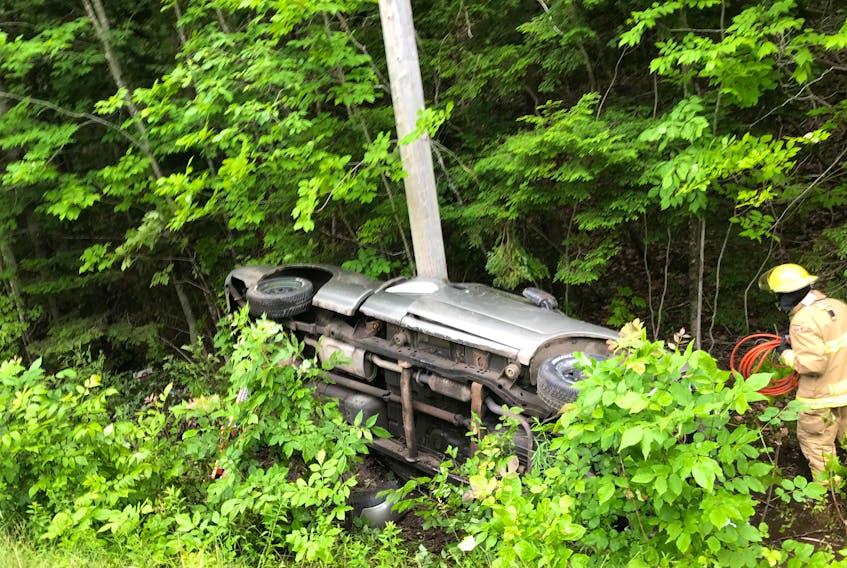It may be a rude awakening for some drivers in this province.
Uninsured drivers, in particular.
On Aug. 1, new automobile insurance legislation was put in place after it was passed in the legislature before the last election. (The bill was essentially passed in its entirety in a single day, April 15.)
Some of the changes are basic, good ideas: insurance companies will have to notify the registry of motor vehicles when someone cancels their insurance, for example.
But one change is likely to be a surprise, because it’s only been mentioned in passing, like in this short paragraph in a government news release: “Under the Automobile Insurance Act, uninsured motorists involved in an accident prior to August 1, 2019 are eligible for compensation from the Uninsured Automobile Fund. Where an accident occurs on or after August 1, 2019, uninsured motorists will be prohibited from accessing the uninsured fund for payment of damages for injuries arising from the accident.”
Intriguing, hey?
For years, uninsured drivers have been able to claim benefits from that fund — a fund, by the way, that is paid for by all the drivers who do actually pay their insurance.
They probably haven’t claimed very much, right?
After all, who would have the gall to claim an insurance payout from an insurance policy they had not paid into? (And, by the way, driving illegally in the process.)
Well, it turns out that there were plenty of drivers with gall to spare.
In the five years between 2011 and 2016, 788 drivers made claims worth $26 million to the fund for accidents involving uninsured or unidentified drivers.
As Service NL Minister Sherry Gambin-Walsh said during the brief debate on the changes, “Auto insurance is mandatory and other drivers should not have to pay the cost for someone who refuses the responsibility of maintaining an insurance policy.”
For years, uninsured drivers have been able to claim benefits from that fund — a fund, by the way, that is paid for by all the drivers who do actually pay their insurance.
The change isn’t absolute: as Gambin-Walsh point out, the rule change includes some protection for people who slip through the insurance cracks: “a 30-day grace period for individuals who, either through error or some other unforeseen circumstances, may have inadvertently had their policy cancelled and are working towards renewal.”
As well, the change does not impede everyone. Passengers in uninsured vehicles, cyclists and pedestrians who might be injured as the result of an accident involving an uninsured driver can still apply for benefits.
The hard side of the equation is that drivers who decide to take the risk of not carrying insurance may face accident costs that literally bankrupt themselves and their families.
It is, however, a choice they’ve made for themselves.
The provincial government concept is based on U.S. insurance law described as “no pay, no play.”
In this province, plenty of drivers who are already paying their automobile insurance (and more) might describe the change as overdue.








